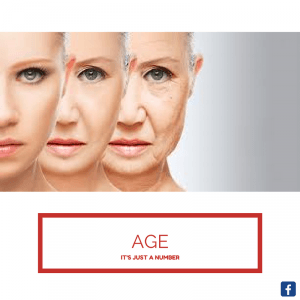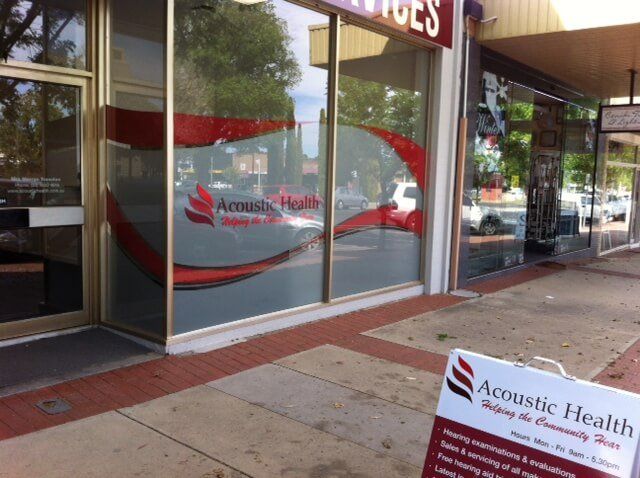
Age is just a number
May 28, 2017
We see a change in our physical, mental and social appearance as part of the norm when it comes to getting older, and we accept this for what it is. Things we were able to do as a 10, 20, 30 year old are no longer easy and in some cases not even possible. As we get older we begin to accept that we are slowing down a little, something we took for granted in our 20’s, like a 20 hour day isn’t a walk in the park anymore. When it used to only take a day to recover it now takes 2, sometimes 3 or more days before our body clock is back to normal, we have had sufficient sleep and can cope with the complexities that life is throwing at us, and not just function and do the basics required to get us through the day.
On the weekend, my husband (Nathan) and I attended a Seminar in Sydney. It was to introduce new hearing aid technology that has been released so that we can, hopefully, pass these new technological advancements on to you. The disappointing part of our trip was that it was literally fly-in, fly-out. After a busy Thursday night, footy training, organising kids for School the following day, making sure all clothes required were washed and dried etc., bed time was 11.00pm. Up at 2.30 to be gone by 3 and make the flight by 8am! Luckily, I was able to doze on and off on the drive to Melbourne, but Nathan, who drove, was not so lucky. Thankfully he was awake and very aware as we had a near miss with another vehicle who came onto our side of the road at a very inopportune moment and we very nearly didn’t make it anywhere! However, we did make it to Sydney, sat through the seminar with a few strong coffee’s and could take in the information needed to be able to see that we are indeed making inroads with hearing aids that will benefit everyone and especially those who love technology in general.
Dinner was a cruise on Sydney Harbour taking in the sights of the Vivid Light’s around Sydney’s foreshore. When we disembarked at 11.00pm that night all I could think about was a good sleep as we had to rise early to make out flight back to Melbourne. However, this was not the case as we checked into our flight via Mobile and it was only as Nathan was looking at his boarding pass that instead of an 8.30am boarding we had a 12.30pm boarding. So a lengthy look through all (5) email addresses to see if we had been notified of any changes. No, we definitely hadn’t! A call to the airline at midnight revealed our flight had been cancelled and we had been placed on a later flight. Hubby was able to get us back onto an earlier flight as we had to be in Deniliquin by 2pm for him to play Rugby. So, flights rearranged we turn out the lights for another (limited) sleep night, only to receive a phone call half an hour later from the Travel Agent who had originally booked our flights letting us know they had been informed we were on an earlier flight! Finally asleep, Saturday dawned very bright and early, though not as early as Thursday. We made it back to Melbourne without any issues. A 3 hour drive to Deniliquin to play rugby and we finally finished our day back in Swan Hill by 8.30 Saturday night.
If you ask me how old I am? I’ll happily tell you I’m 35. I’m not ashamed of my age (however I do tell our kids at each birthday I’m only 21). How old do I feel? I still feel like I’m 19. But, my body doesn’t work like a 19 year olds anymore. Most of our clients have a number of years experience on me, and, when asked how old they are, none have any qualms telling you. When asked how old they feel?….I am yet to have anyone tell me they feel older than their actual age. In my last post I talked about not being old enough to need hearing aids. Well, age is just a number. When it comes to our hearing, it doesn’t matter if we are 6 months old, 60 years old or 96 years old. It can affect anyone at any time. It is our bodies though that dictate to us what we can and can not do.
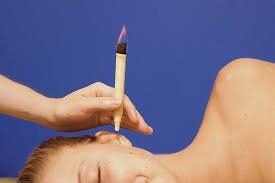
25 Sep, 2019
Ear Wax is a naturally occurring substance that our ears produce to help keep foreign bodies from entering our ear and causing us problems. Some of us don’t produce much, some produce a bit more, and there are some of us that produce – what you might say – excessive amounts of the stuff. Traditionally we have used implements like cotton buds (Q-tips), hair pins or similar to try remove the wax ourselves. More recently Ear Candling has become “a thing”. If this is you – STOP! You could be causing more harm than good to your ears!

15 Jul, 2017
Over the school holidays, Nathan and I took the kids, and some friends from out of town, to the Swan Hill Pioneer Settlement. It is not the first time the kids and I have been, though it was a first for Nathan. What was a first time for all of us (with the exception of Angus who went with his school camp), was the Heartbeat of the Murray. It was absolutely spectacular! On a freezing cold winters evening, a group of approximately 70+ people braved the cold to sit in the Grand-stand and watch the show. We had been told that it was a wonderful experience and we had to go and see it.
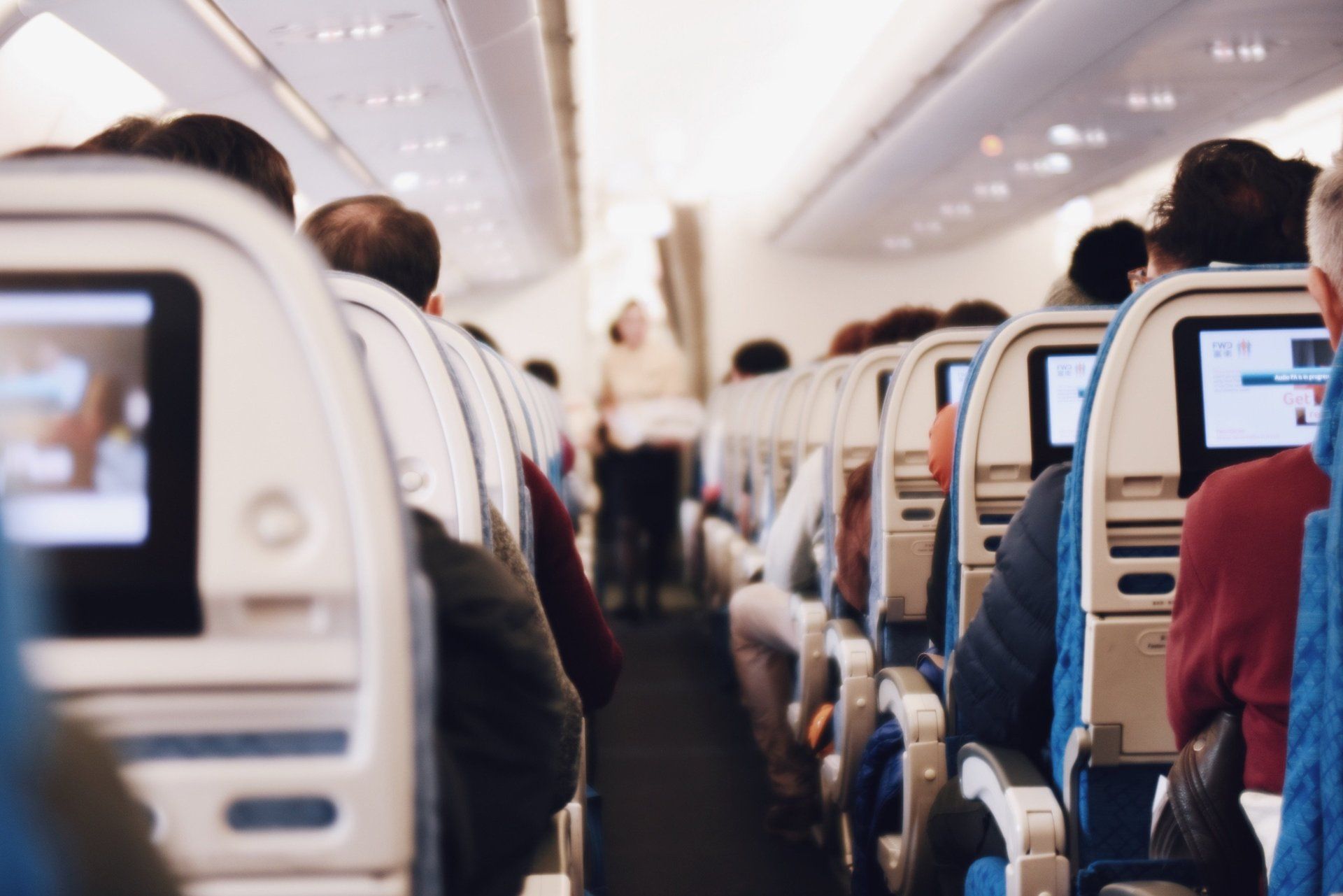
16 Jun, 2017
Someone I know was recently removed from their seat at the Emergency Exit on a Domestic flight here in Australia – after they had been seated – with the excuse by the flight attendant that they had a disability and were not allowed to be in such an important role should the unthinkable happen. Yes, they were wearing hearing aids! Yes, the hearing aids were visible! Yes, they had been asked at check-in if there were any conditions present that would not allow them to complete the tasks required of them when sitting in the Exit Row – their answer was of course “No”! This passenger did not think that his hearing impairment in his case would be any cause for him to not be able to perform any requests asked of him.

18 May, 2017
Why are we so afraid of hearing aids? As we get older we accept that our bodies aren’t going to do the things that they used to do. We use glasses to see, walkers or scooters to move about, lift chairs to be able to get up; so why do we feel the need to shun hearing aids as not being needed when we can’t hear? Currently in Australia hearing loss affects 1 in 6, in the working age range (from 16+). Of this 65% of those with hearing loss are under, yes UNDER, 65 years old! We are slowly seeing a shift in the number of younger Australian’s coming in for a hearing assessment and acknowledging they have an issue. Though whilst they acknowledge there is a problem there, we are still hearing the same comments of “I’m not old enough for hearing aids” or, “I’ll wait until I’m older before I get a hearing aid”. Funnily enough we hear these comments from some clients who are well into their 80’s! Our hearing is one of our senses that is very important to being able to participate in the community. Ask someone who has a hearing loss, do they feel they miss out? When our eyesight changes we immediately go and see an optometrist, have an assessment, if glasses are needed, we get glasses! Simple! Our eyesight makes up a small percentage of our senses, yet it is the first one we think about improving when we begin to have any difficulties. Yes, poor eyesight can affect our learning, being able to read, write, drive the car, walk across the street confidently, purchase any item from the shop and know that you can see the price tag, money, receipt etc. I don’t want to talk down the impact that poor eyesight can have, it is still a very debilitating condition especially where corrective actions are not available or helpful. But, hearing can also have a significant impact on our lives, lifestyles, general and mental health, wellbeing and overall enjoyment of our daily activities. As our hearing changes over time, we learn to compensate for these changes. We put ourselves into positions where we know we will be able to hear, or not hear the noises that are making conversation difficult to understand. Hearing loss can be as simple as an ear that is blocked with ear wax, or more complicated requiring further intervention, medical or otherwise. But we put off having that hearing test. We may go to the Doctor and ask them to check out our ears, the Doctor may even write a referral for a hearing assessment, but we don’t always go and get it done. Think about all the sounds you can hear at the moment, birds, music, TV, Radio, conversation in person, conversation on the phone, laughter, crying, wind, rain on the roof, footsteps – our own or someone else’s, doors opening or closing, the clock ticking, the fire crackling. I know a lot of these sounds make very little difference to our day to day lives…..but, imagine if you can no longer hear them?! Think about watching someone’s facial expressions changing, you can see their mouth moving and hear the noise, but it’s not clear, you can’t understand what is being said. We don’t fit hearing aids just because we want to, we fit hearing aids because we want to make a difference to people’s lives. To be able to bring enjoyment, confidence and fun back to those who, in some cases, don’t realise they have lost it in the first place.
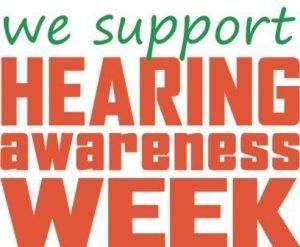
17 Aug, 2016
Deafness or hearing impairment is often described as the ‘invisible disability’ with hearing loss being the second most prevalent health problem amongst the Australian population. One in six Australians is hearing impaired, Deaf or has an ear disorder – which of course is set to rise as the population ages. 73% of Australians over the age of 70 have a mild to severe hearing loss with as many as 85% of people in nursing homes typically being hearing impaired. Hearing loss is often gradual, and may be caused by a number of factors but early detection is vital. People will often wait years before they seek any help and tend to ignore the signs – some of the early warning signs of hearing loss include; being able to hear but not understand or thinking that people are mumbling, frequently asking people to repeat themselves, finding it hard to hear in noisy situations or amongst groups of people, turning the TV up louder than others or not always hearing the phone and or doorbell. Hearing aids do not fix your hearing problem. Your nervous system needs time to adapt again to amplified sound and the noisy environments we live in, such as background noise at a café. This can sometimes be a lengthy process requiring several visits to the clinic for adjustments and counselling – much like physiotherapy after an injury. If you haven’t done anything about your hearing for a long time (on average we take 7-10 years to seek help for a hearing impairment), your brain will have forgotten how to process auditory information and needs time to relearn. Just as your vision prescription changes over time, so does your hearing, so your device requires frequent adjustments to match these changes. Many people in the past were told that a hearing aid wouldn’t help, whereas now there are only a few hearing problems a hearing aid can’t fix. Hearing aids are so much more sophisticated than just an amplification device and with practice listening can become an enjoyable experience again. Technology today is designed to make conversations and other sounds louder, and reduce background and ambient noise. There have been leaps and bounds in hearing aid technology, with hearing aids able to connect to Bluetooth devices such as smart phones and tablets which enable you to control your device or track it when it is lost. In Australia we are lucky to have one of the best Commonwealth funded hearing programs around the world for those whole are eligible. The Office of Hearing Services provides subsided services to people on a Pension (aged, disability, carers etc) and also to returned Veterans who hold a Gold or White for Hearing Specific card, through a voucher system which is a simple application process.
